
5 min read
Home: Beyond Shelter, Our Foundation for Mental Wellbeing
WLLW delves into the ways our homes influence and actively bolster our mental health and overall wellbeing.
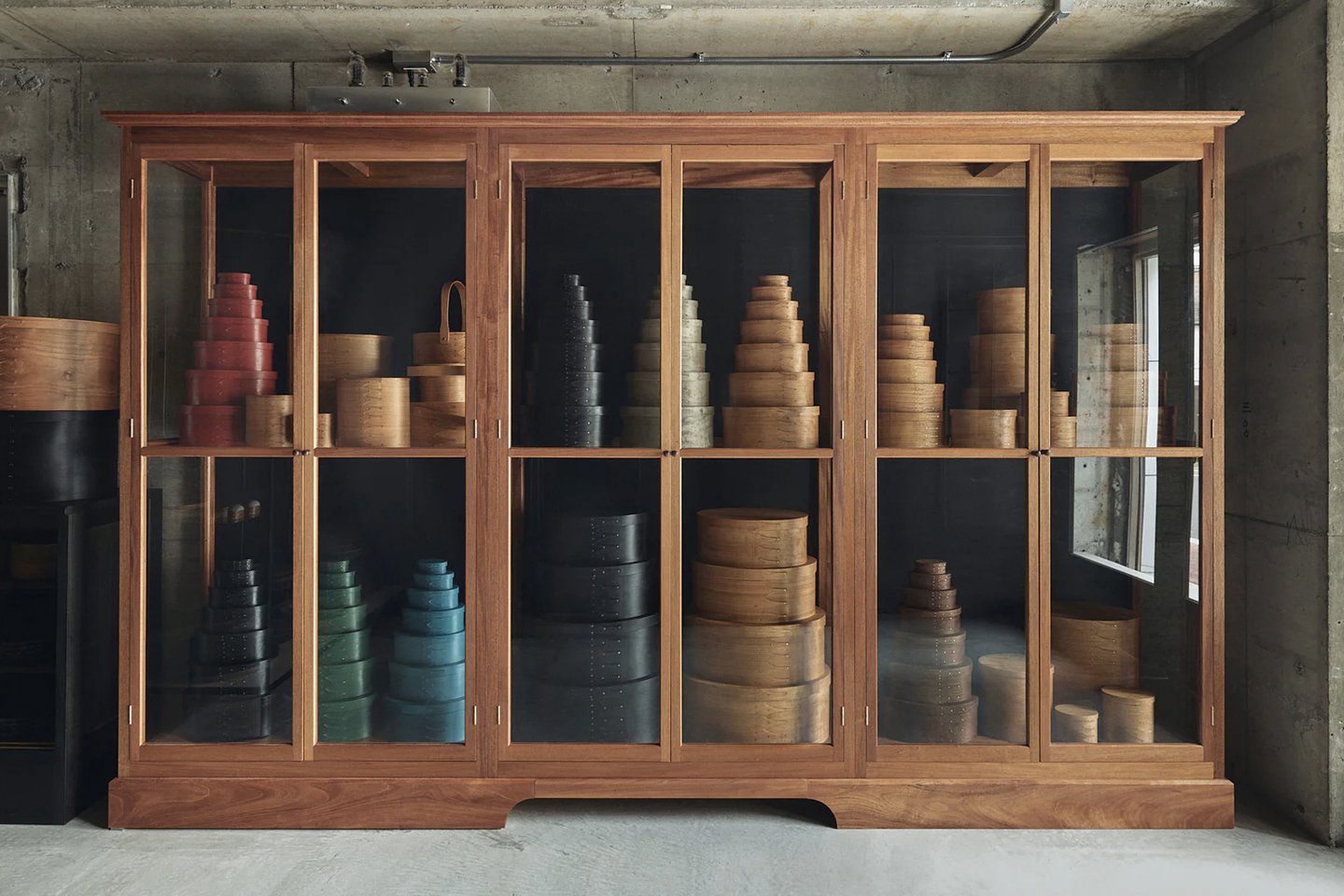
4 min read
WLLW discovers how a well-organized home can boost our mental and physical health, and the importance of trading chaos for calm.
Clutter may be standing in the way of a better head space. In recent years, home organization has become trendy, often showcased in glossy magazines and lifestyle blogs as a way to achieve a photo-ready living environment. While an organized home's visual appeal and practical benefits are undeniable, the significance extends far beyond surface-level aesthetics and practicality.
In reality, cognitive overload from personal and professional commitments can easily become mirrored in cluttered shelves, overflowing closets and miscellaneous drawers waiting to be sorted. When competing distractions surround us, our cognitive resources become stretched and our memory can even weaken. Disorganization can also decrease one's ability to focus and make decisions. The brain prefers order and will pay it forward with a boost to mental health.
The process of organizing goes beyond just tidying up; it's about creating a sense of control, clarity and efficiency in your life, which in turn decreases stress levels and improves mood. Here’s how.
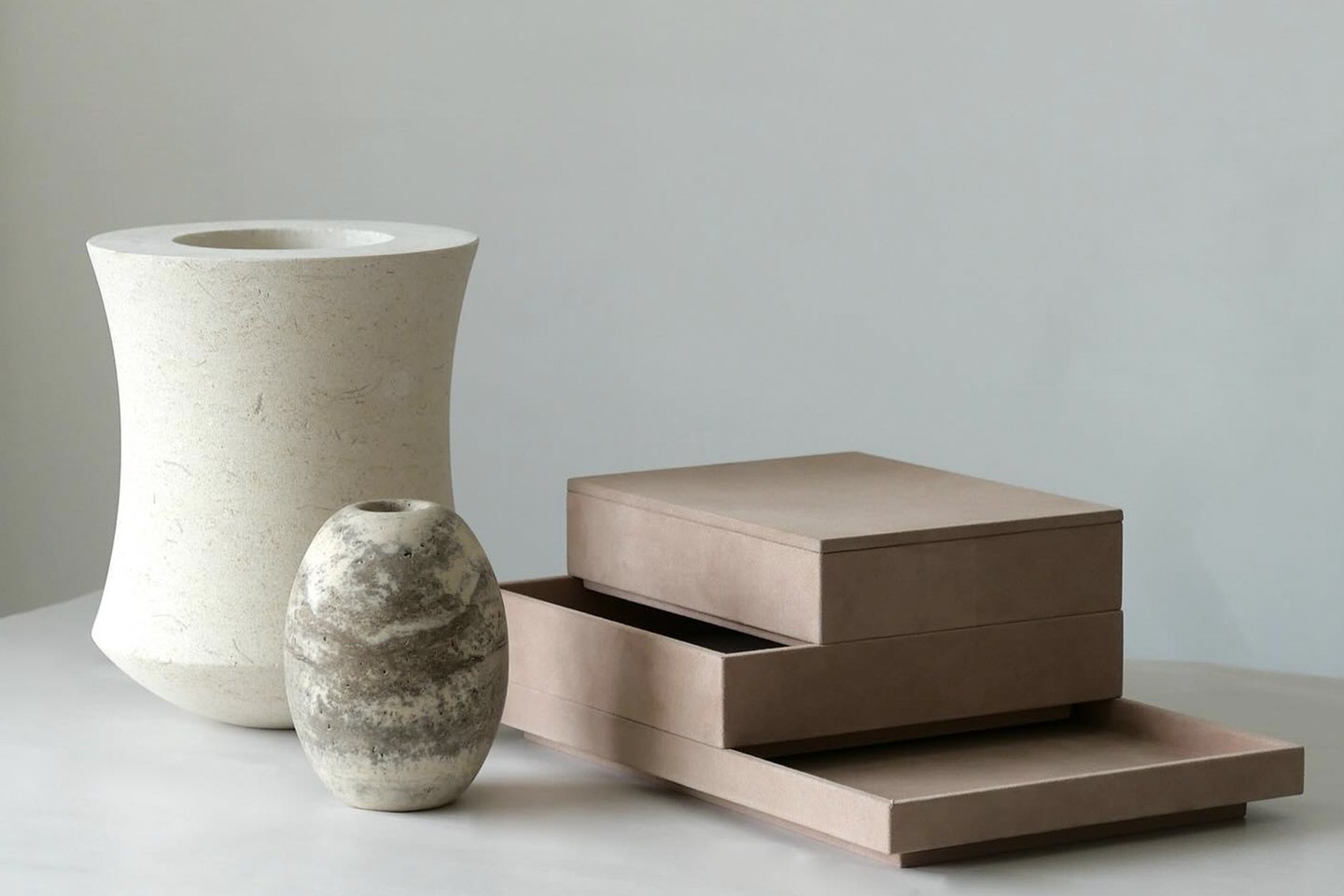
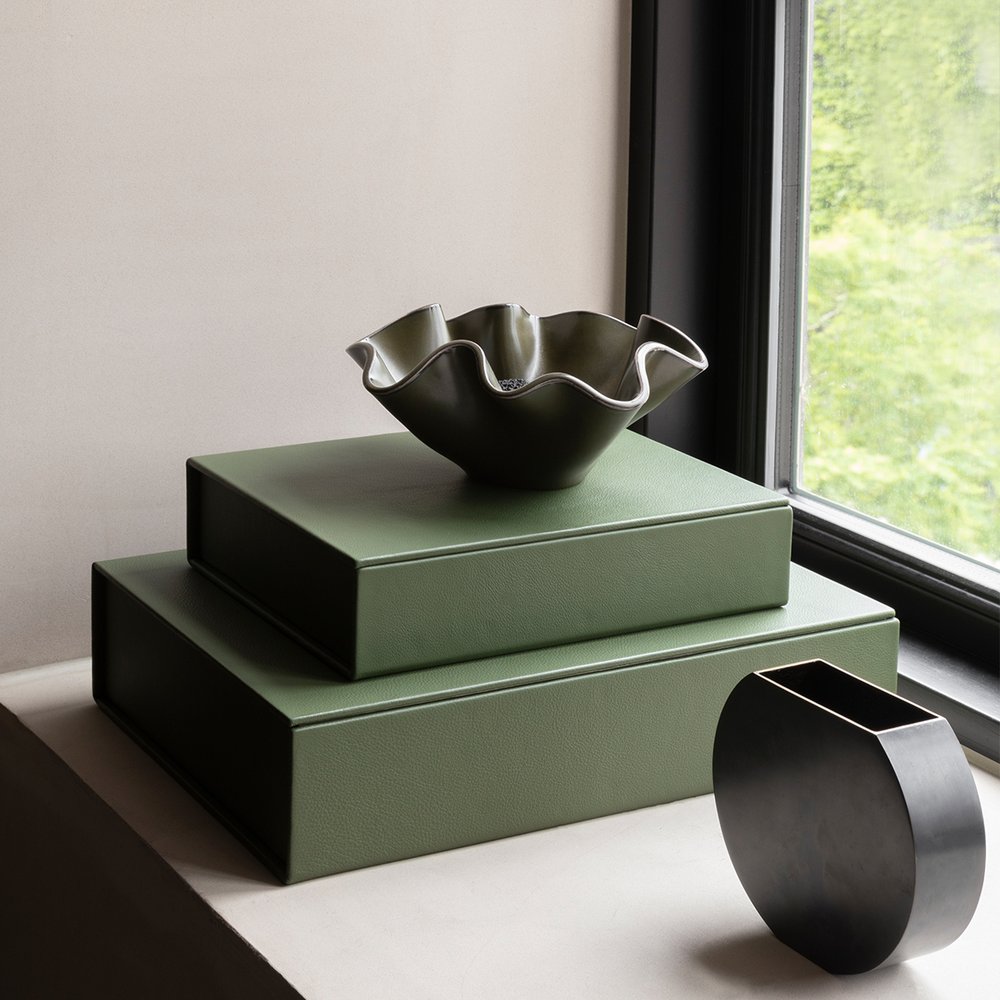
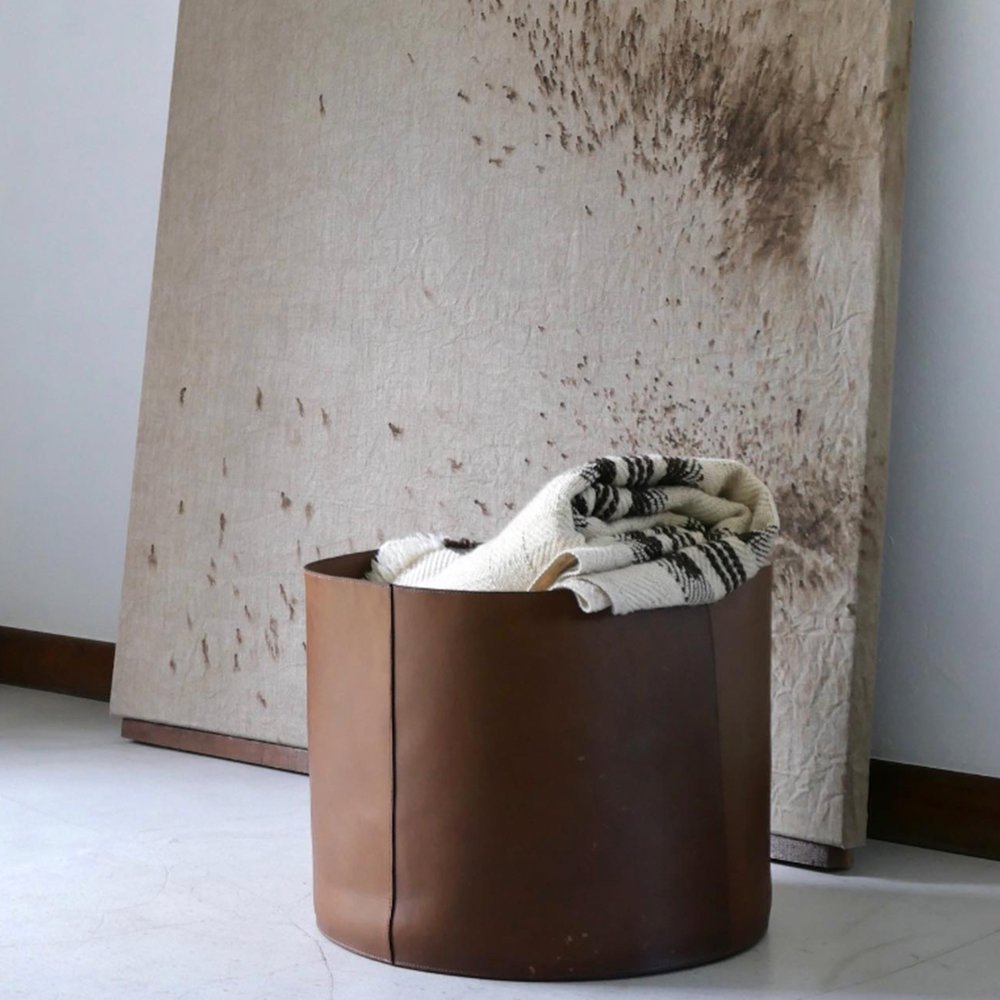
Organizing your life, environment and daily routines within your home can positively impact your mental health, family harmony and, more specifically, your cortisol levels. Cortisol can fluctuate based on a variety of factors, including the level of chaos or harmony in your environment. While it is known as the ‘stress hormone’, cortisol is a natural part of our physiology. Our health can suffer, however, should our cortisol levels be elevated for prolonged periods.
Studies have shown that the long-term effects of high cortisol can lead to chronic anxiety disorders in some people. Women are disproportionately affected. A study of 60 dual-earning couples in 2009 revealed that women in cluttered and stressful living conditions showed increased cortisol levels along with more severe symptoms of depression, while the men appeared to be largely unimpacted by the clutter or stress levels of their home surroundings.
"The process of organizing goes beyond just tidying up; it's about creating a sense of control, clarity and efficiency in your life, which in turn decreases stress levels and improves mood."
A Journal of Environmental Psychology study directly correlated the health of our ‘psychological home’ with its physical counterpart, revealing that clutter has the power to reduce the feelings of wellbeing, happiness and security that people derive from their personal spaces. A neat and orderly home promotes better sleep, elevates mood and encourages relaxation.
Organization and mood are closely related. While light disorganization can hinder basic cognitive capabilities, overwhelming clutter can evoke emotions such as shame and guilt, hindering the motivation needed to tackle the mess. The Anxiety and Depression Association of America notes that cultivating an organized living space helps reduce stress, feelings of anxiety and depressive symptoms. For those battling a period of intense stress or depression, a cluttered environment can enhance these feelings, making the task of cleaning and organizing feel impossible.
While recent science has proven that cleaning can counteract cortisol spikes by releasing serotonin and dopamine – the happy hormones – monks have long known the power of organization. Buddhist monks take cleaning seriously, believing it to be essential to a happy life. After morning prayers and meditation, they perform the ritual of Soji, dedicating around twenty minutes to tidying up the monastery. This practice involves starting a cleaning task without the aim of completing it. In essence, Soji continues their meditative practices, enhancing mindfulness, which in turn can have a positive impact on mood.
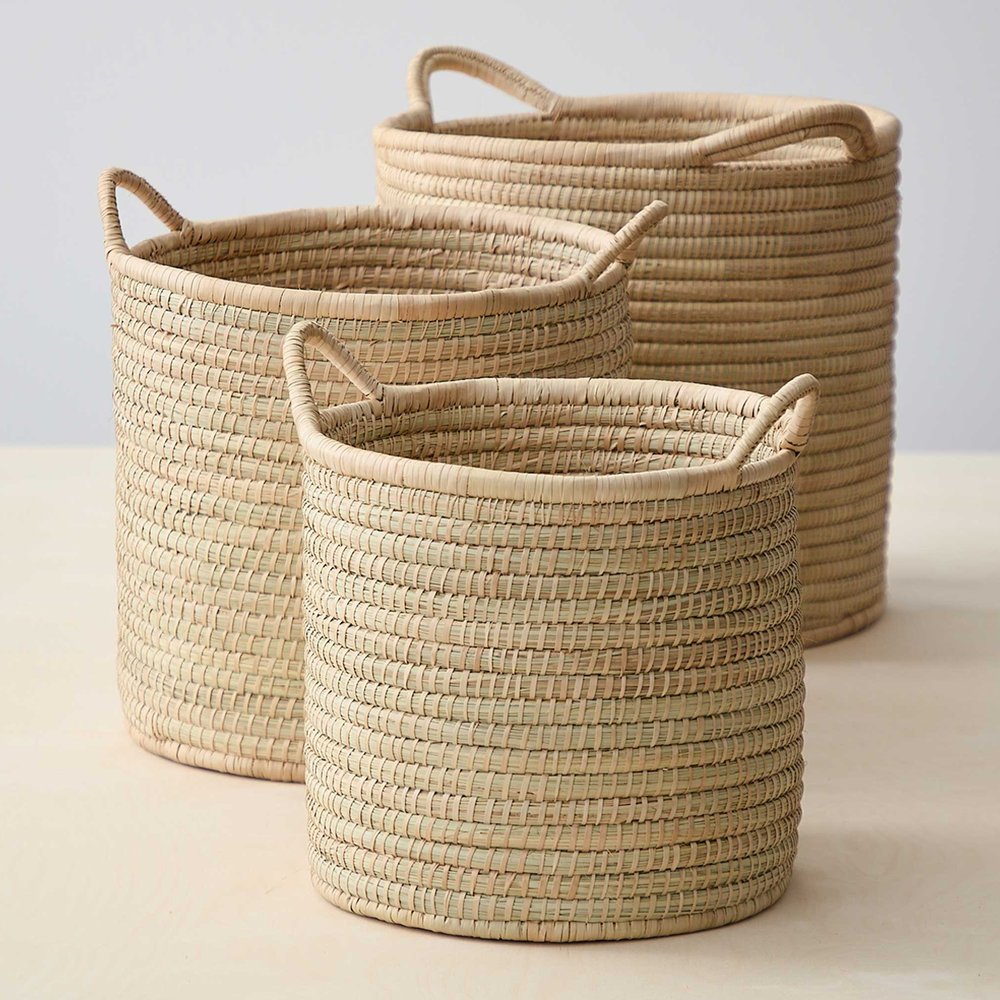
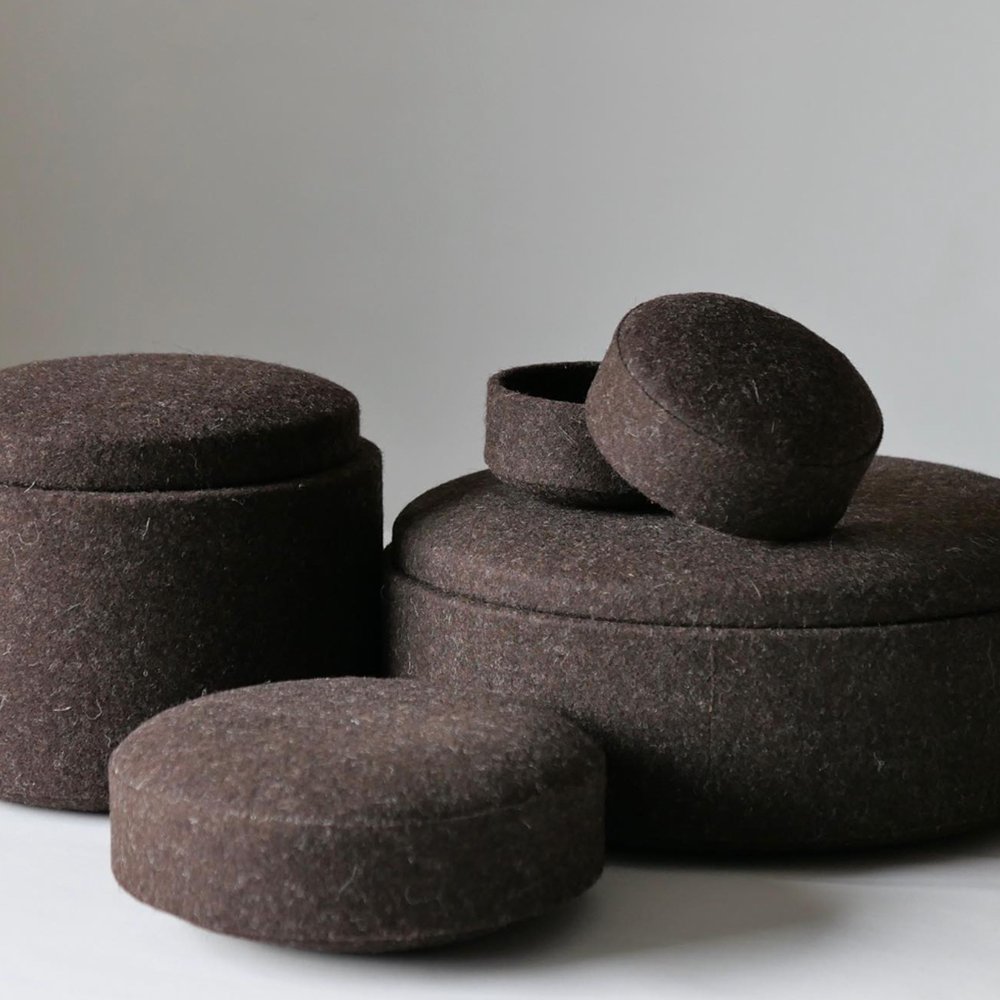

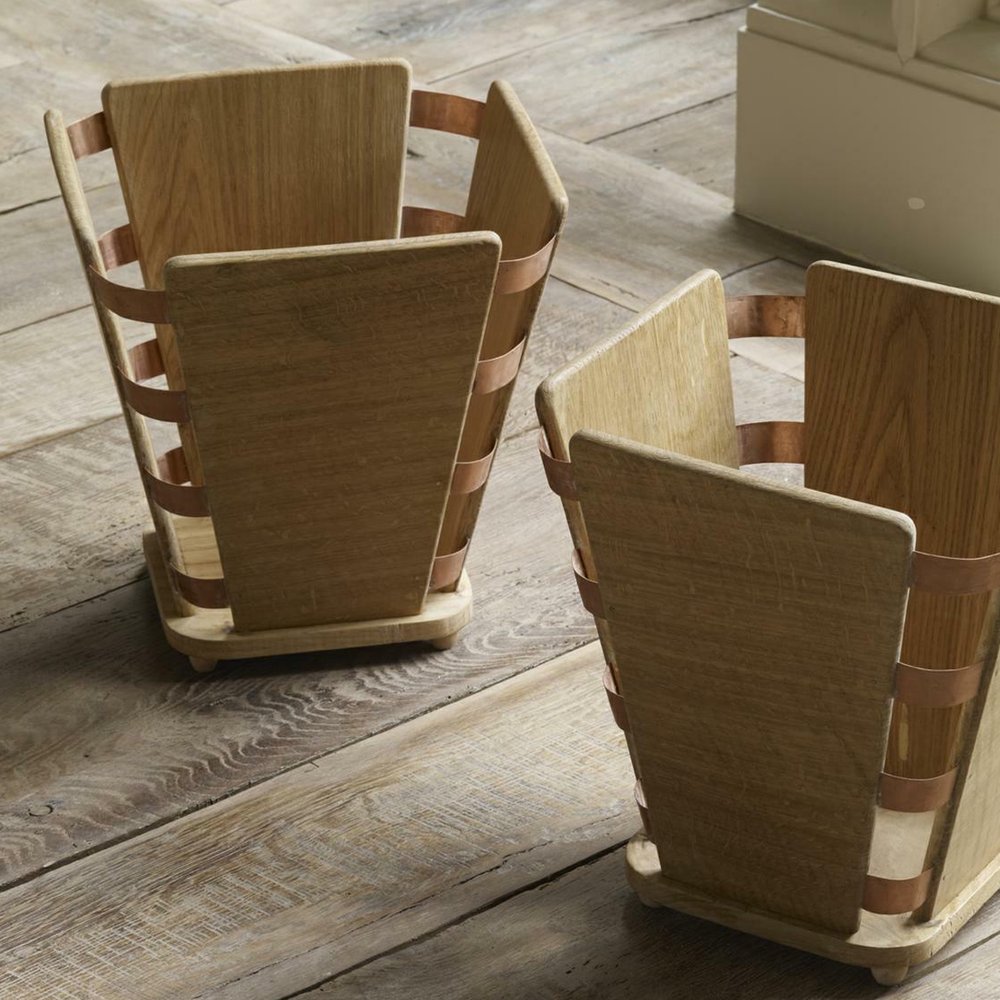
A 2017 study on young adults found that clutter was directly linked to procrastination. An organized home office can dramatically increase productivity and creativity. The process can be part of that productivity; the routine aspect of some activities, such as dusting or sweeping, can serve as a form of meditation, providing an opportunity for the mind to work through thoughts. Psychology Today notes that it's not uncommon for people to experience moments of keen insight while performing everyday tasks.
Decluttering can elevate one's sense of self-worth and foster healthy routines – a point that was supported by a 2018 study from China that revealed that people living in tidy homes were more likely to report good health. Studies have found that forming one 'small' healthy habit may increase self-confidence for working towards other health-promoting habits. In this case, that may mean starting each day by tackling one countertop or living space. A clean kitchen in which to make a home-cooked meal naturally lends itself to a healthier diet, while easily accessible active gear may encourage more exercise.
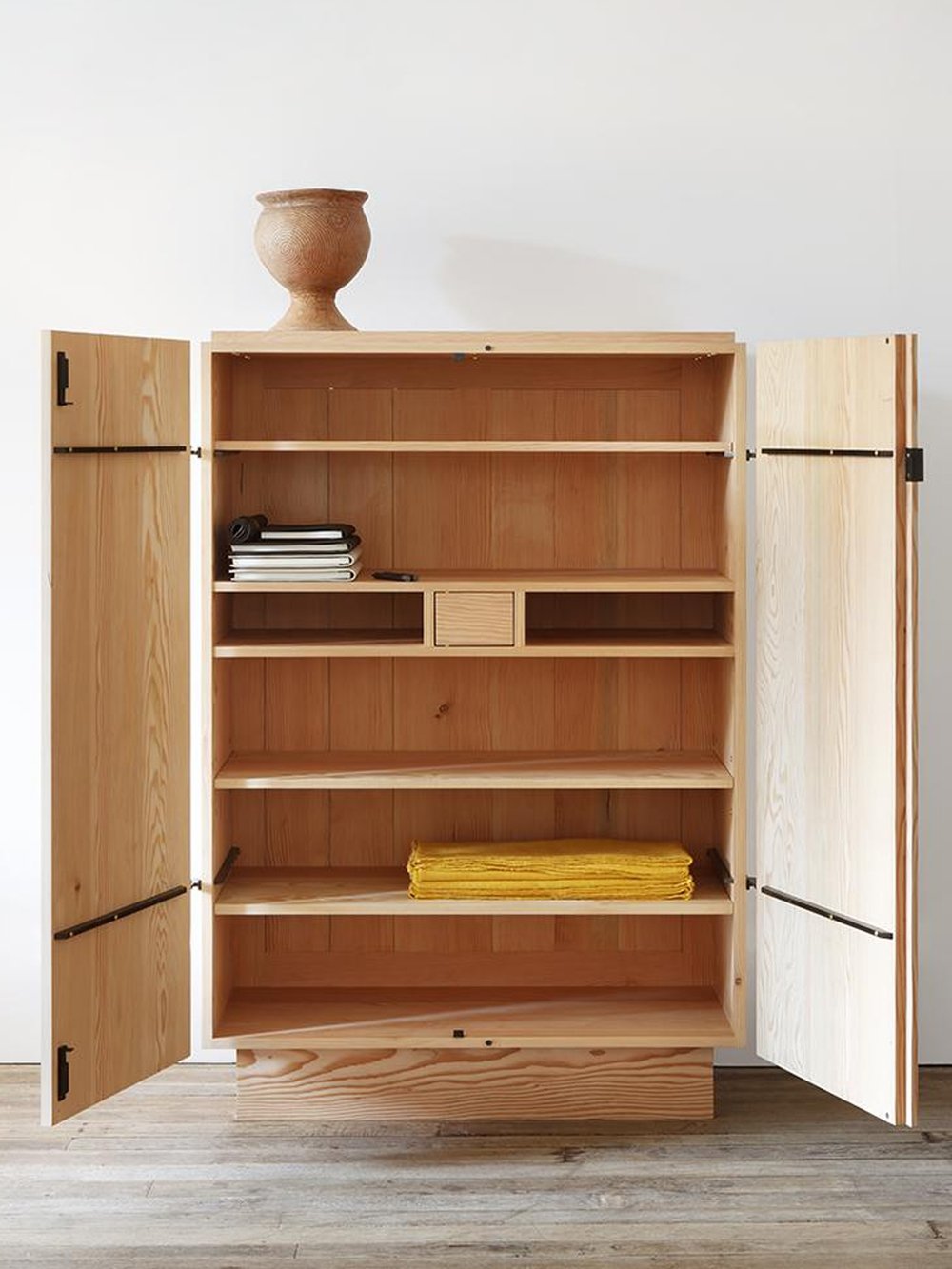
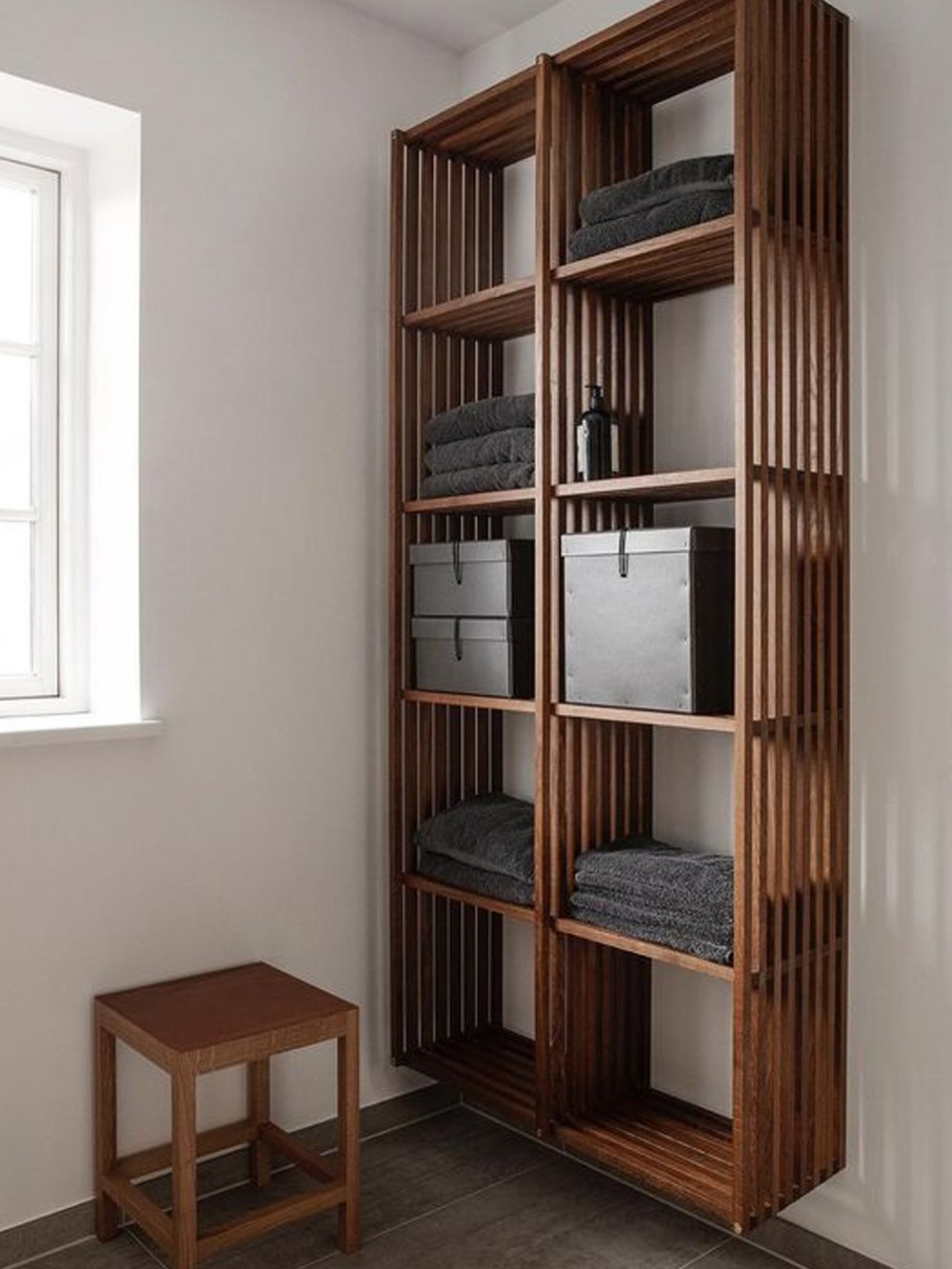
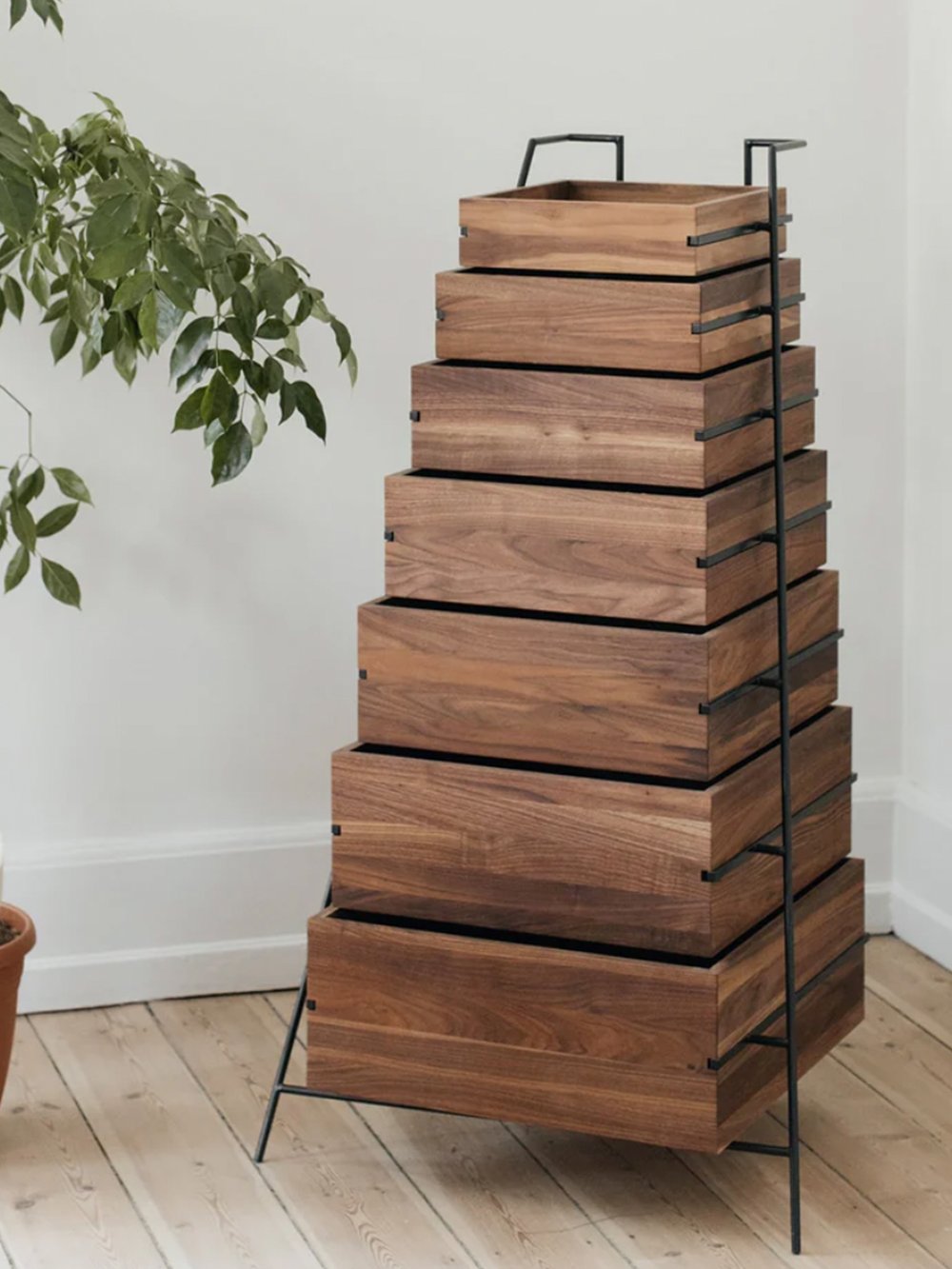
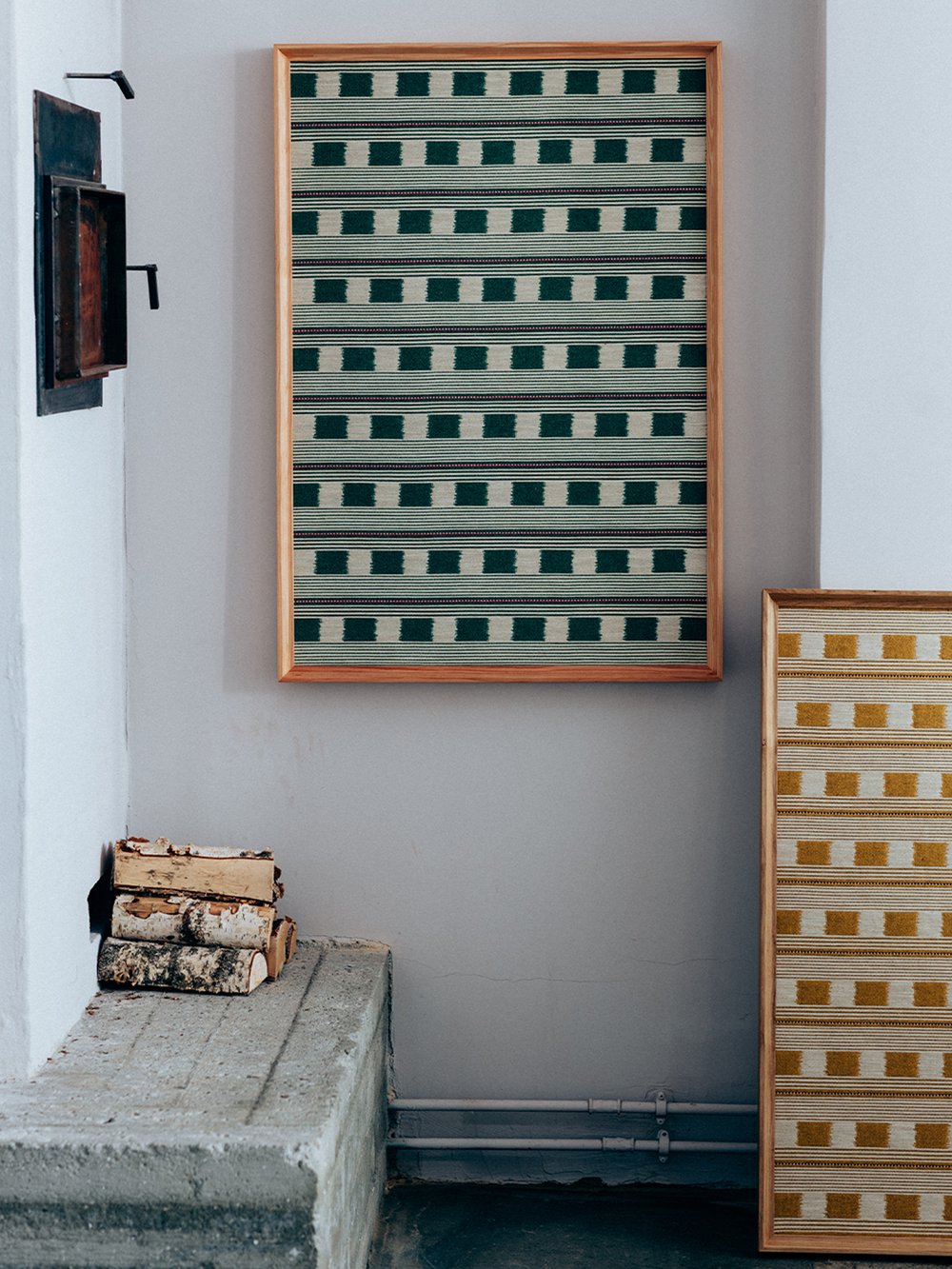
Feature Image: IFUJI
Photography: Michael Verheyden Studio, August Sandgren, OTZI, Fairkind, Nalata Nalata, Rose Uniacke, Line Klein, Frama, Københavns Møbelsnedkeri

5 min read
WLLW delves into the ways our homes influence and actively bolster our mental health and overall wellbeing.
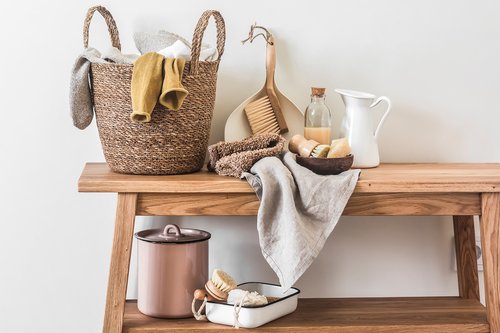
5 min read
The renewal of seasons offers the perfect opportunity to deep clean our living spaces; to eliminate the dirt and debris we can see but, even more importantly, the invisible pollutants we can't.